How many people do you know battling addictions?
According to the American Society of Addiction Medicine (ASAM), addiction is "a treatable, chronic medical disease involving complex interactions among brain circuits, genetics, the environment, and an individual's life experiences. People with addiction use substances or engage in behaviors that become compulsive and often continue despite harmful consequences."
Hearing from those who have battled addictions––and come out the other side––can be remarkably eye-opening, as we were reminded once Redditor YoshBotArmy asked the online community,
"People who have beaten an addiction... what's your secret?"
"I'd then check off..."
"Alcohol. The "one day at a time" approach was too much. I made a chart with a 24 hour day broken up into 15 minutes. For example: 8:00-8:15. [ ]
8:15-8:30. [ ]
8:30-8:45. [ ]
I'd then check off a box for every fifteen minutes I didn't drink. This really boosted my confidence because although I may have only gone two hours without drinking, my brain focused on the 8 boxes I checked off.
Minutes turned into hours, hours turned into days, etc.
It's now been 8 years."
"You need to want to quit..."
"You need to want to quit, otherwise, it will be a fight against yourself. I quit smoking about 15 years ago after being a smoker for like 18 years. I decided to quit several times but never stuck, always found a reason to fall back into the habit. One day my 4yo daughter told me that she was going to find a way to save me from cancer because smokers are bound to get it. After that, I couldn't stand cigarettes anymore and quit within the week. Never again. I wanted to be there for my girl more than anything else."
"The lesson to take away from this..."
"I realised my binge eating was due to a general lack of self-control. I developed bulimia (exercise is my poison) trying to counteract it, and I still struggle with that.
I struggled with it for years and tried everything under the sun to stop it. It wasn't until I started practicing Stoicism that I started seeing life differently. Then a couple of years into that, I overheard a colleague say "it's all about finding balance" in a conversation about the challenges life throws at you. That quote stuck with me for about a year until I realised I have no sense of balance because I used to be an extremely black and white/all or nothing character.
It's now been 2 years since I completely stopped binge eating, and it was all due to having that epiphany. Took practice to get into good eating habits and a routine with meals but I'm all good now.
The lesson to take away from this - teach your children self-control and the ability to say no to themselves. My parents gave me everything I wanted so I had to teach myself this throughout my early 20s."
"That does not mean..."
"You have to learn to give yourself grace.
Relapses happen. I self-mutilate. I will do incredible for months. Then one negative thought can send me into a spiral and I harm myself.
That does not mean that I undid any of the hard work I had done up to this point. I acknowledge that I made a mistake, identify my triggers, and make an effort to start clear of them. Take a deep breath and try again."
A valuable observation.
"I kicked the habit..."
"I wasn't physically addicted to marijuana, but I had such a mental dependency on it that it was pretty much like being addicted. I couldn't function without it.
I kicked the habit by pursuing a girl. I really wanted to date her, and I didn't want her to know that I was actively smoking weed. I stopped smoking weed because I'd fallen in love with a girl. I'm now married to her, and I haven't smoked weed in over 4 years."
"The most important thing..."
"The most important thing I ever learned was not to fight cravings. I don't mean to give in and use when a craving strikes but for a long time simply feeling the craving was awful. I tried so much to avoid the feeling because I was scared of it.
I saw the suggestion to actually indulge the feeling and just let it wash over you. When I tried it, it was still uncomfortable to want to use but by letting myself feel the craving fully I was able to let it go and move on with my day more easily. Fighting the craving just made me suffer."
Sound advice.
"I wore a rubber band..."
"I wore a rubber band around my arm and anytime I thought about my addiction, I would snap it and hurt myself. That way, I associated my addiction with pain and eventually broke my body's natural desire for it."
It turns out this has merit.
"I have no idea..."
"Coffee. I was a serious caffeine addict (like 12 cups a day), and one day for no reason I just woke up and ... didn't feel like having coffee. I've had maybe 5 cups of coffee in the 10 years since then.
I have no idea why it happened, but I haven't felt a craving for it in years. I wish that would happen for my other bad habits."
"I don't think..."
"I don't think it's a secret. Understanding the addiction. Knowing that it takes time for the chemicals in your brain to reset. Knowing it's gonna suck. Being prepared as best you can. Knowing it's going to be a battle."
"I'm not very far..."
"It was really taking a toll on my overall health and one day I woke up and said never again. I'm not very far into recovery and I've never been to a meeting or anything. I know I can't have it around me or I'll relapse."
We are proud of anyone who manages to beat an addiction and who can speak about their experience so candidly. And if any of you out there are struggling, we're rooting for you.
The SAMHSA National Helpline (1-800-662-4357) is a great resource, as is the National Suicide Prevention hotline (1-800-273-8255).
Have some of your own stories? Feel free to tell us about them in the comments section below.
Want to "know" more? Never miss another big, odd, funny, or heartbreaking moment again. Sign up for the Knowable newsletter here.

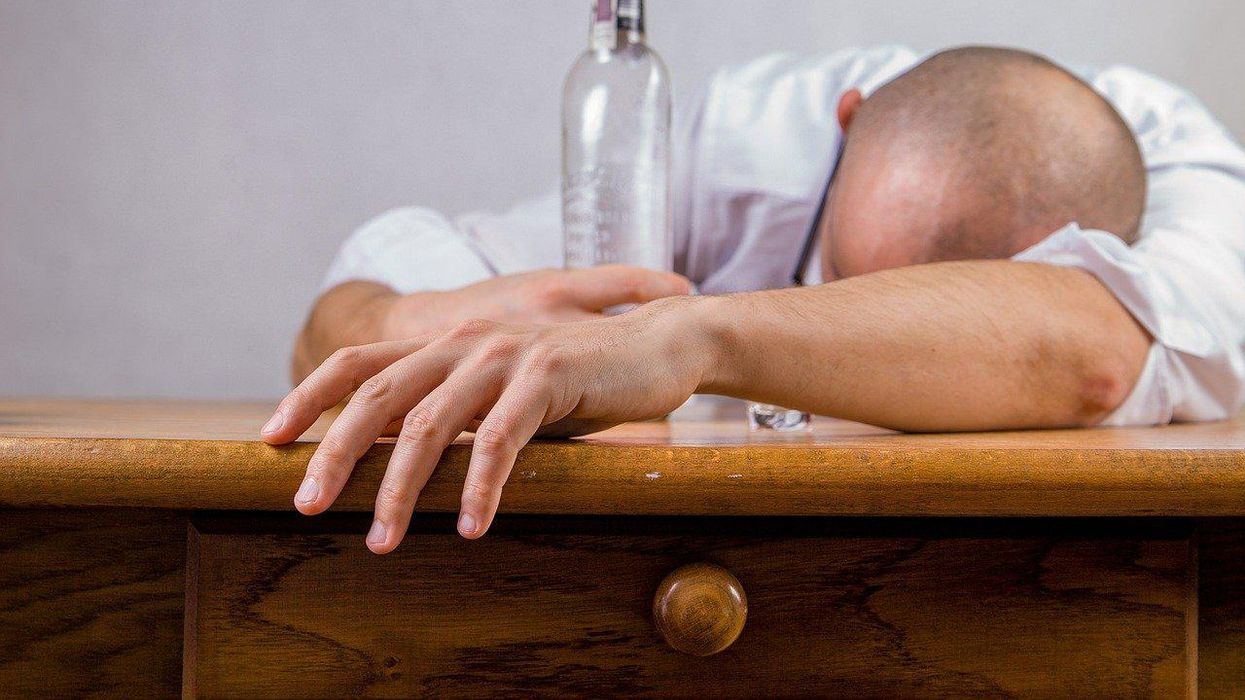



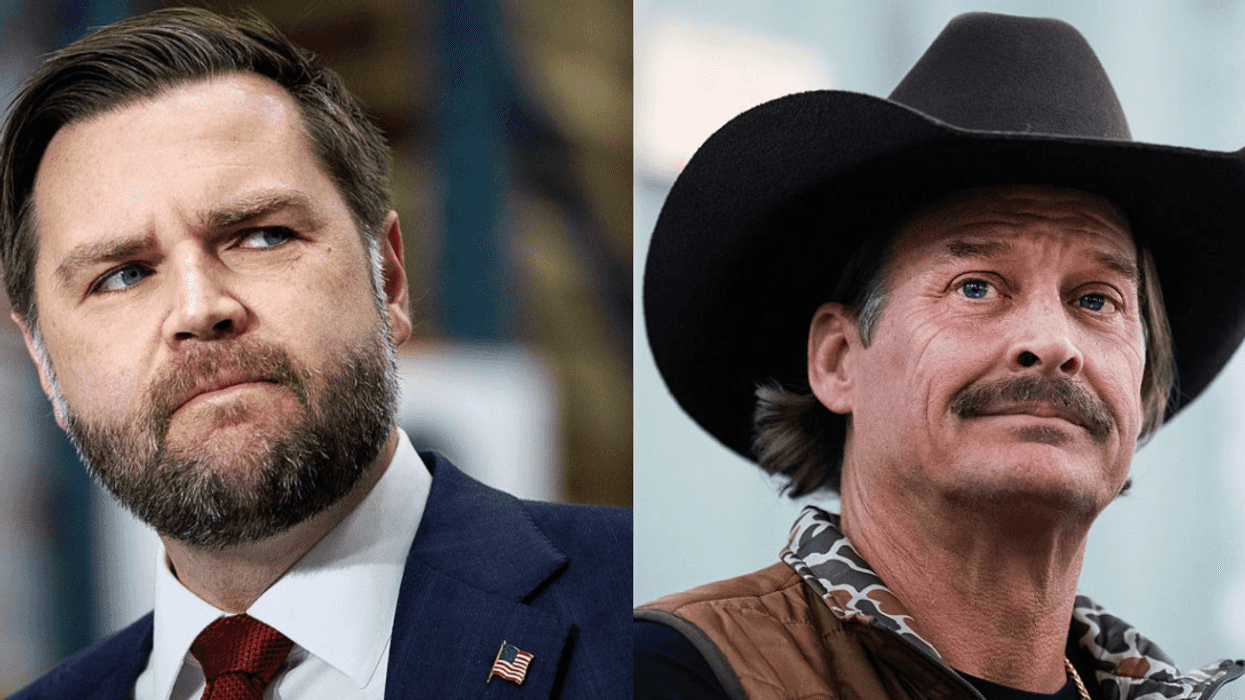
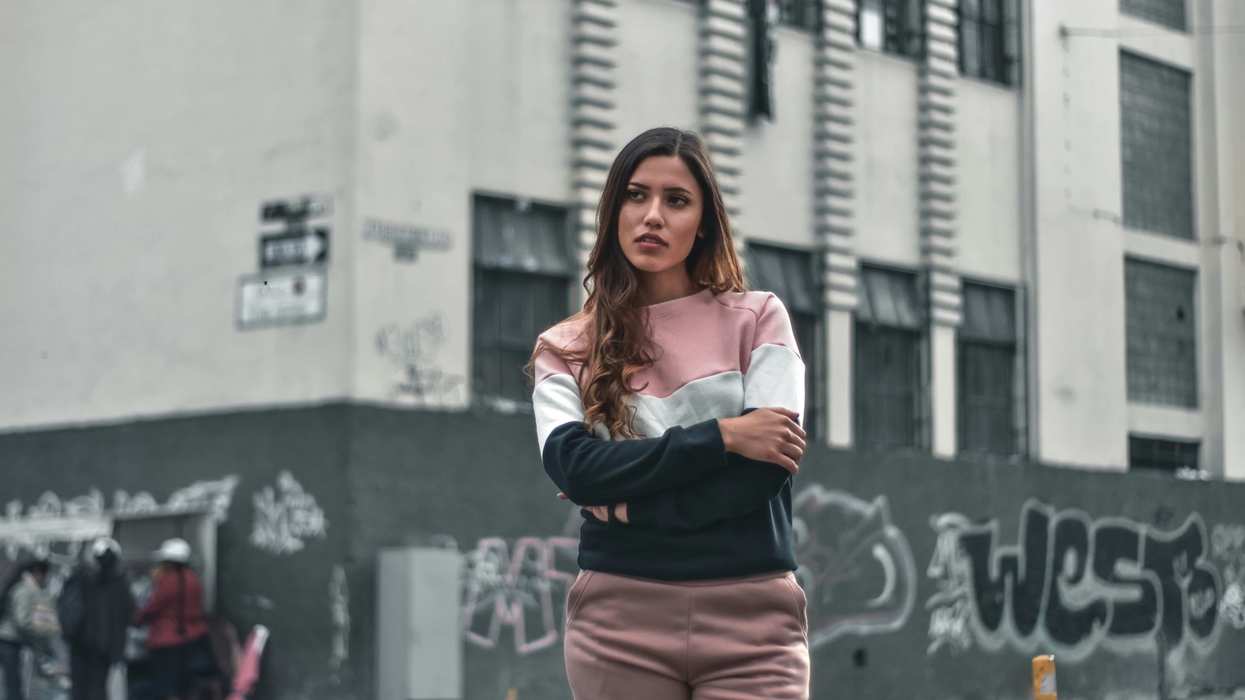
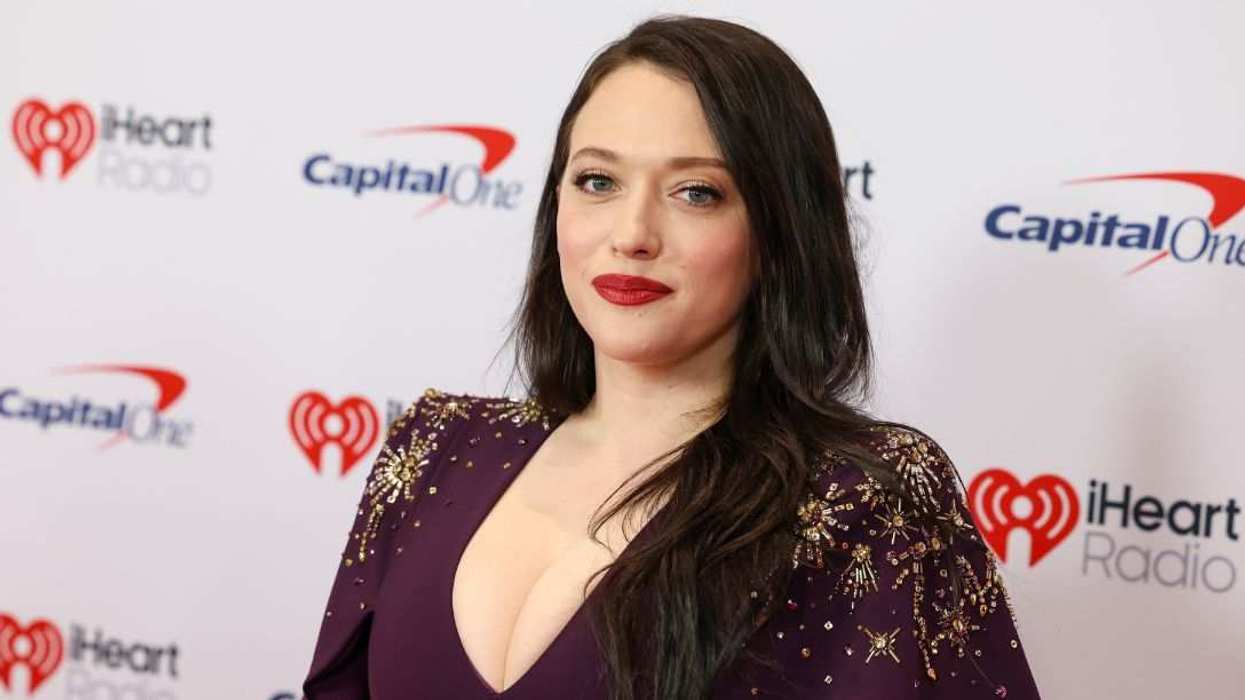


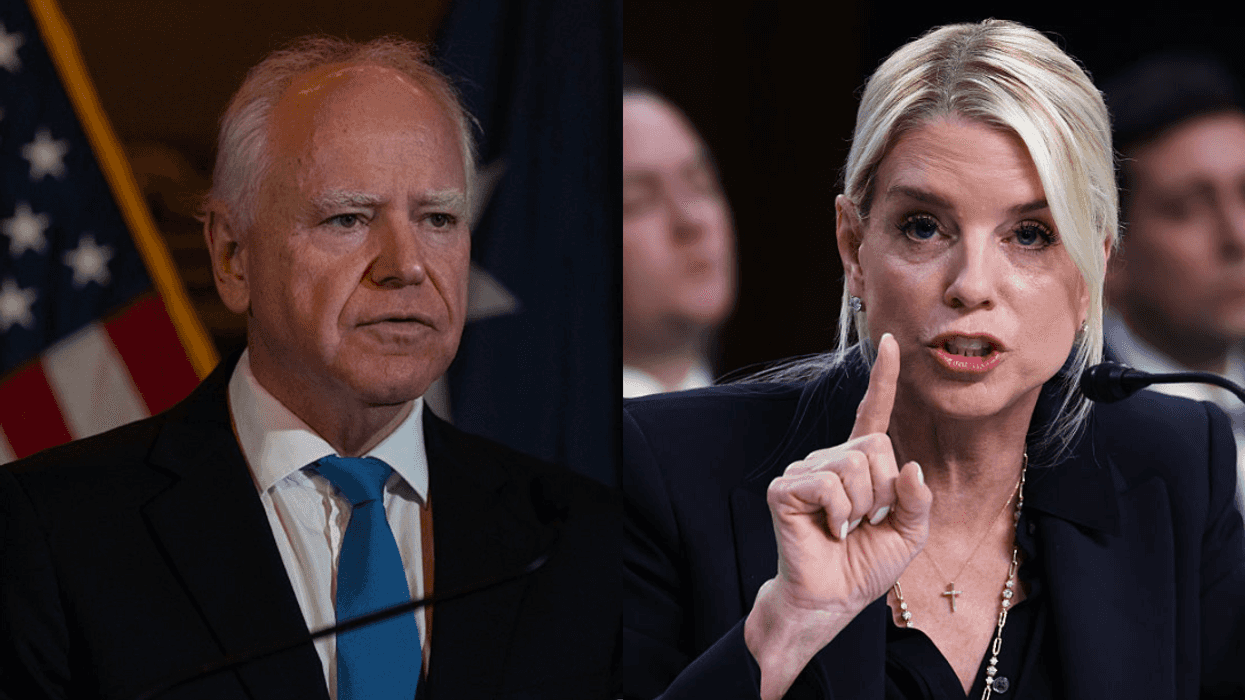


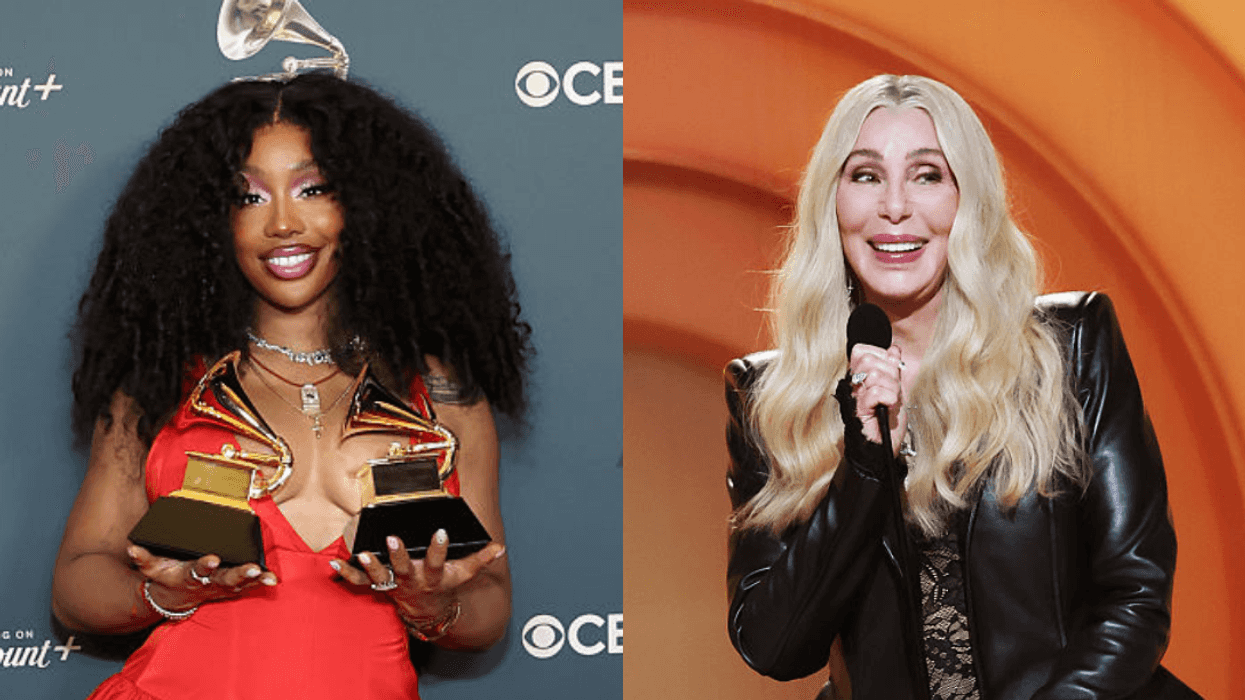
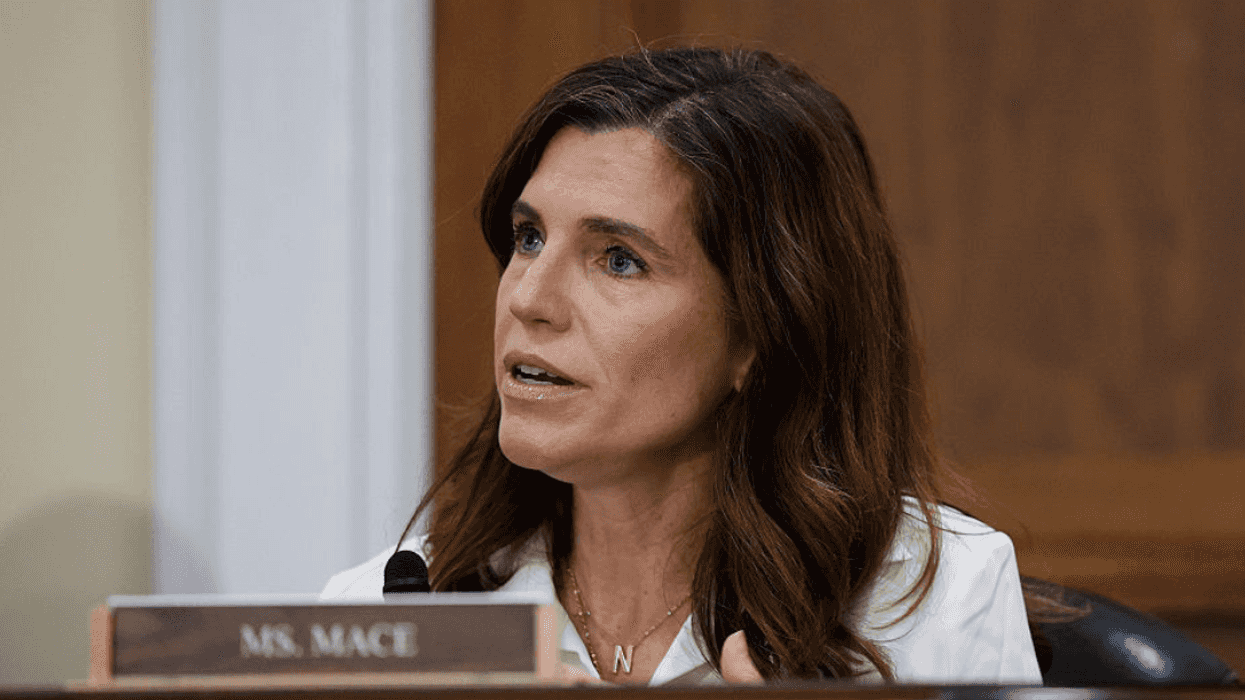

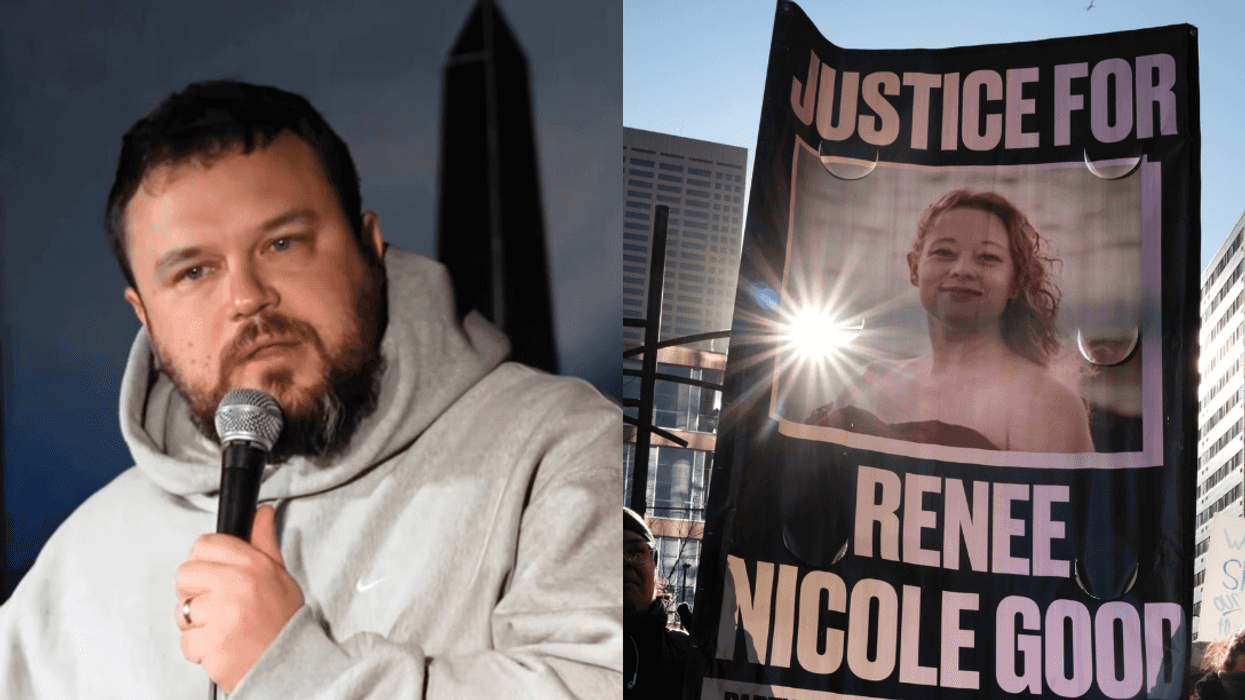
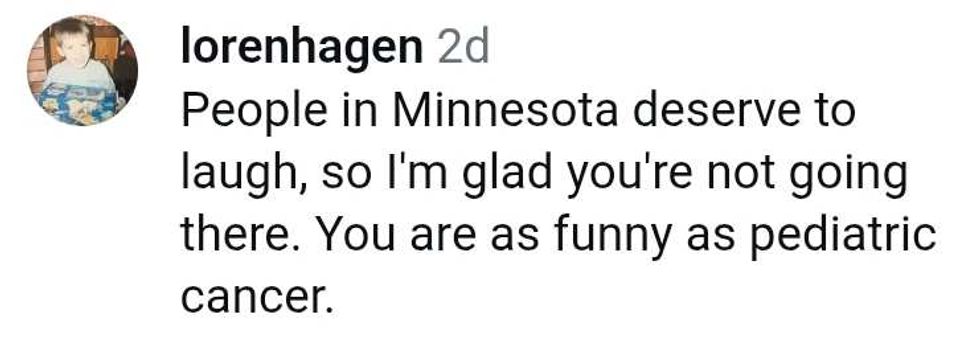 @benbankas2/Instagram
@benbankas2/Instagram @benbankas2/Instagram
@benbankas2/Instagram @benbankas2/Instagram
@benbankas2/Instagram @benbankas2/Instagram
@benbankas2/Instagram @benbankas2/Instagram
@benbankas2/Instagram @benbankas2/Instagram
@benbankas2/Instagram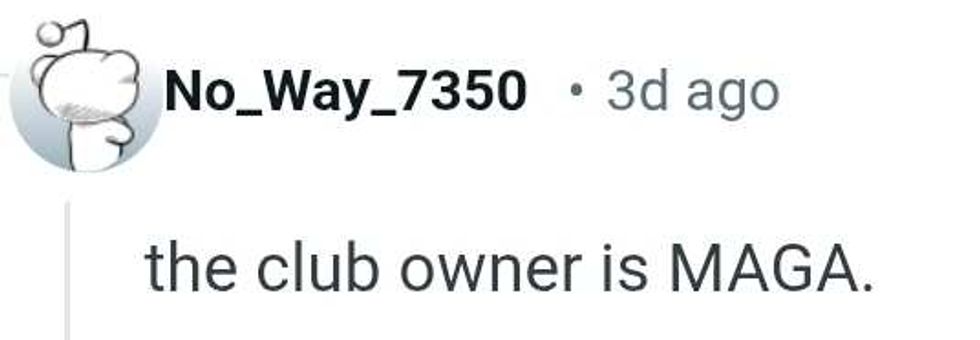 r/Standup/Reddit
r/Standup/Reddit r/Standup/Reddit
r/Standup/Reddit r/Standup/Reddit
r/Standup/Reddit r/Standup/Reddit
r/Standup/Reddit r/Standup/Reddit
r/Standup/Reddit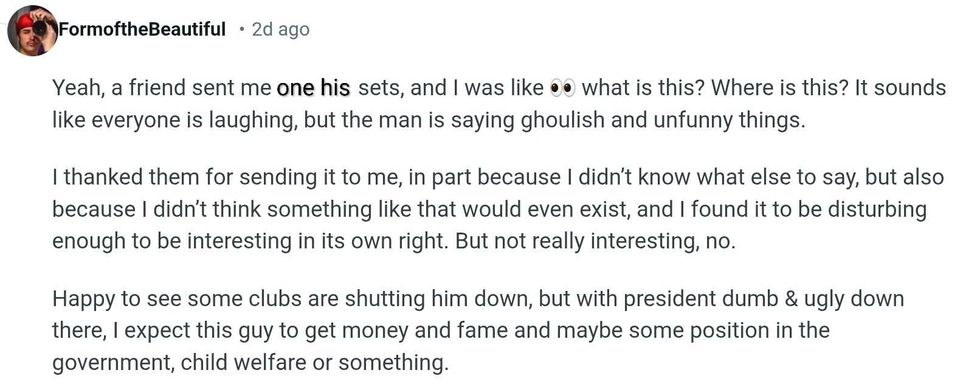 r/Standup/Reddit
r/Standup/Reddit r/Standup/Reddit
r/Standup/Reddit r/Standup/Reddit
r/Standup/Reddit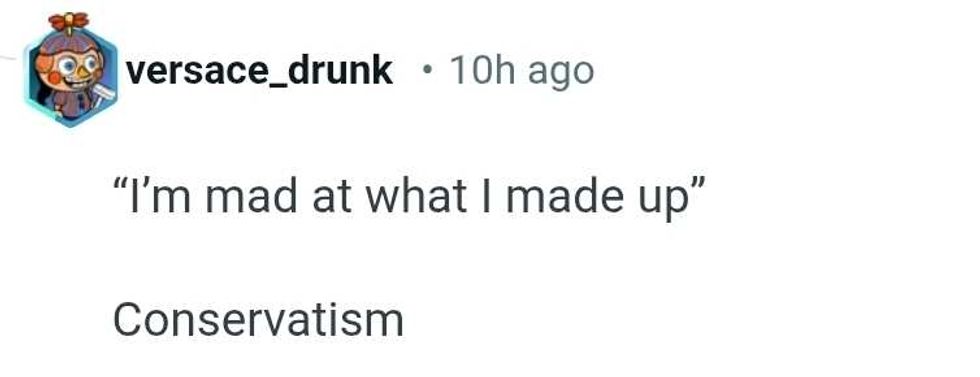 r/Standup/Reddit
r/Standup/Reddit r/Standup/Reddit
r/Standup/Reddit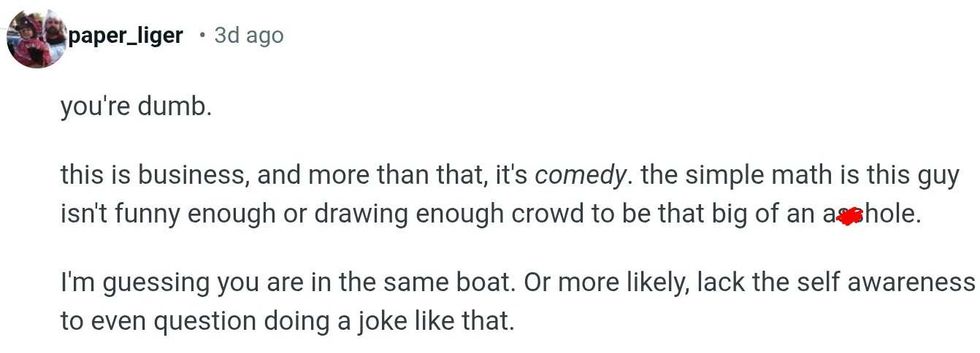 r/Standup/Reddit
r/Standup/Reddit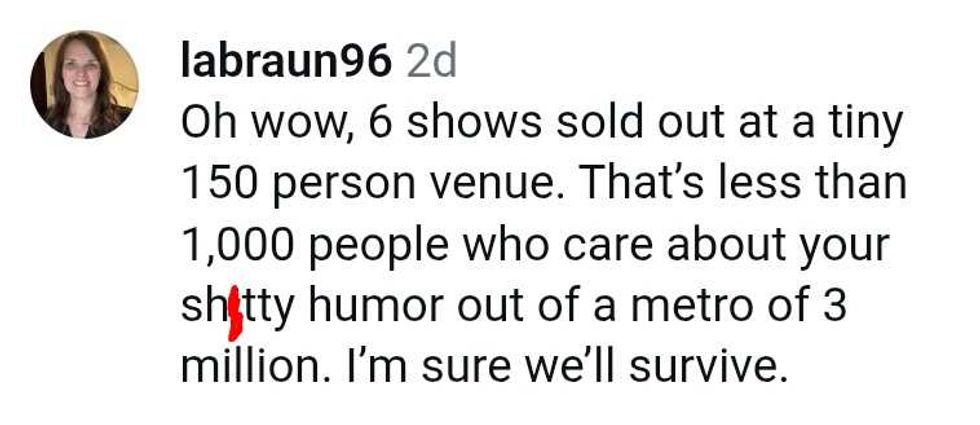 @benbankas2/Instagram
@benbankas2/Instagram